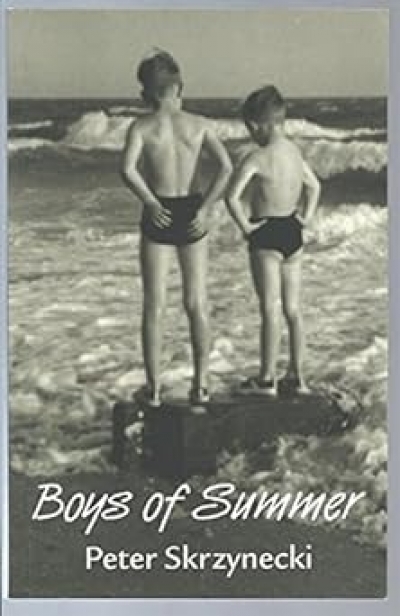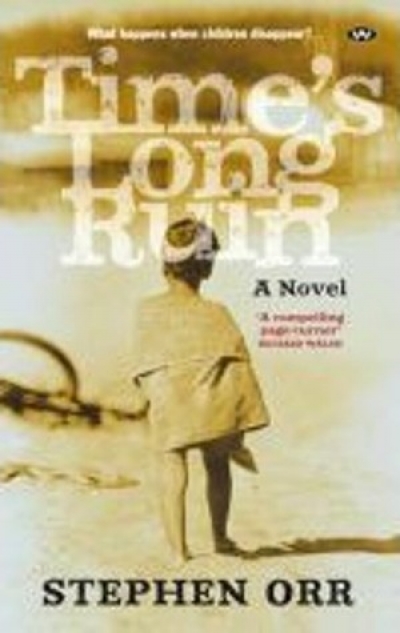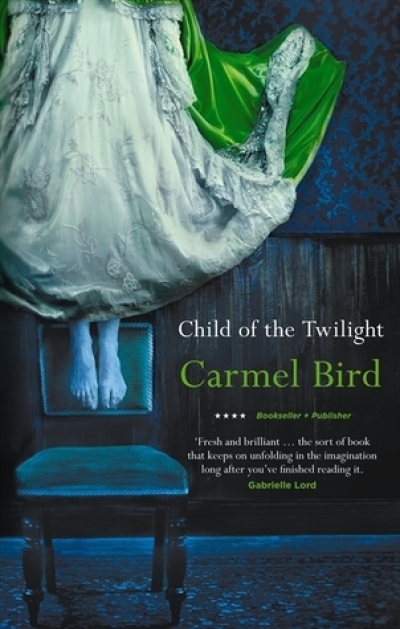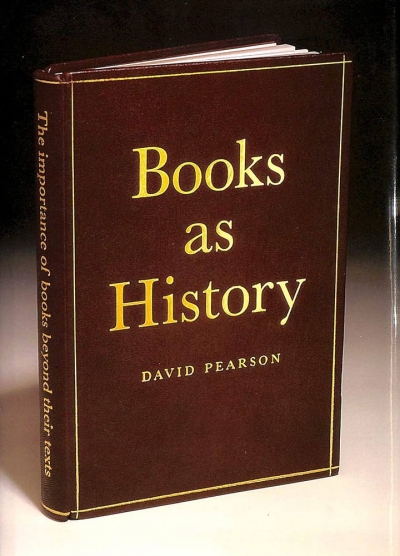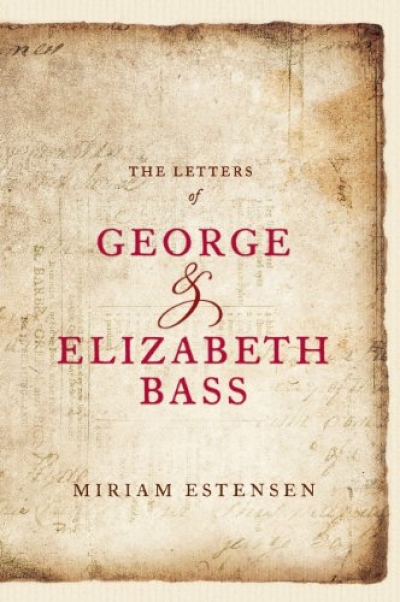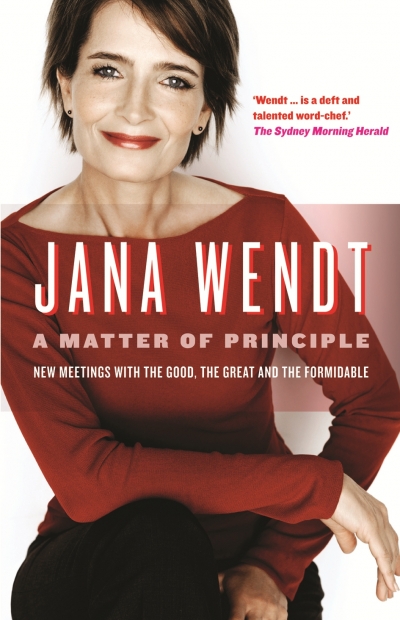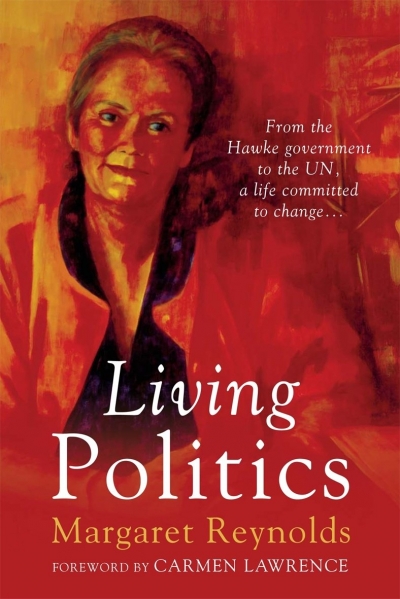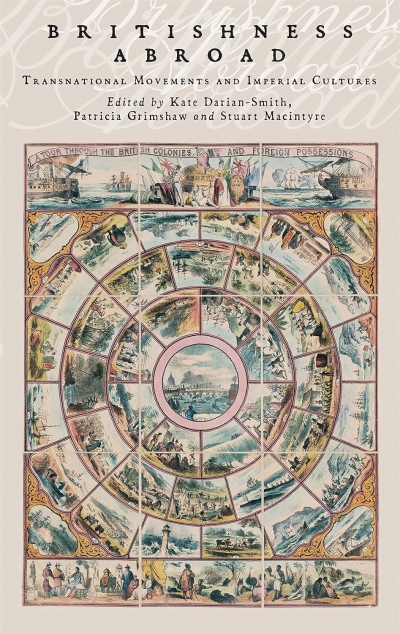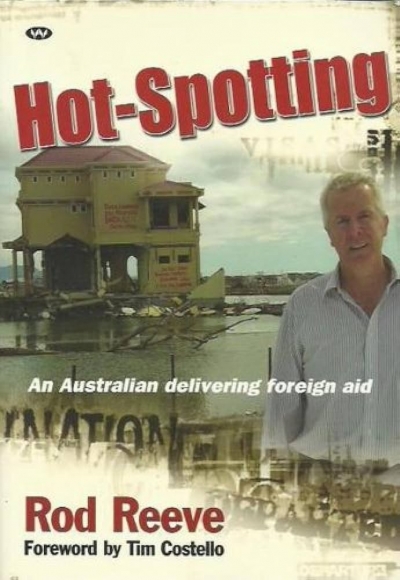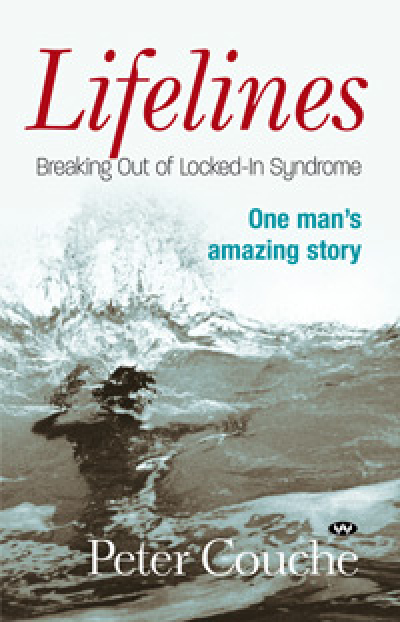Gillian Dooley
Books As History: The importance of books beyond their texts by David Pearson
by Gillian Dooley •
A Matter of Principle: New meetings with the good, the great and the formidable by Jana Wendt
by Gillian Dooley •
Britishness Abroad: Transnational Movements and Imperial Cultures edited by Kate Darian-Smith, Patricia Grimshaw and Stuart Macintyre
by Gillian Dooley •
Hot-spotting by Rod Reeve & Ardent by Jane Gibian
Lifelines: Breaking out of locked-in syndrome by Peter Couche
by Gillian Dooley •

